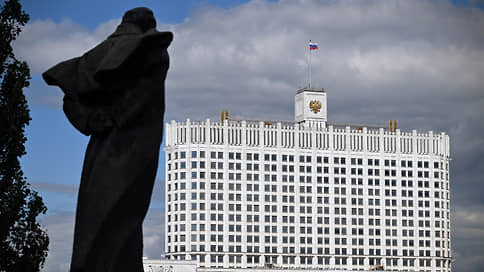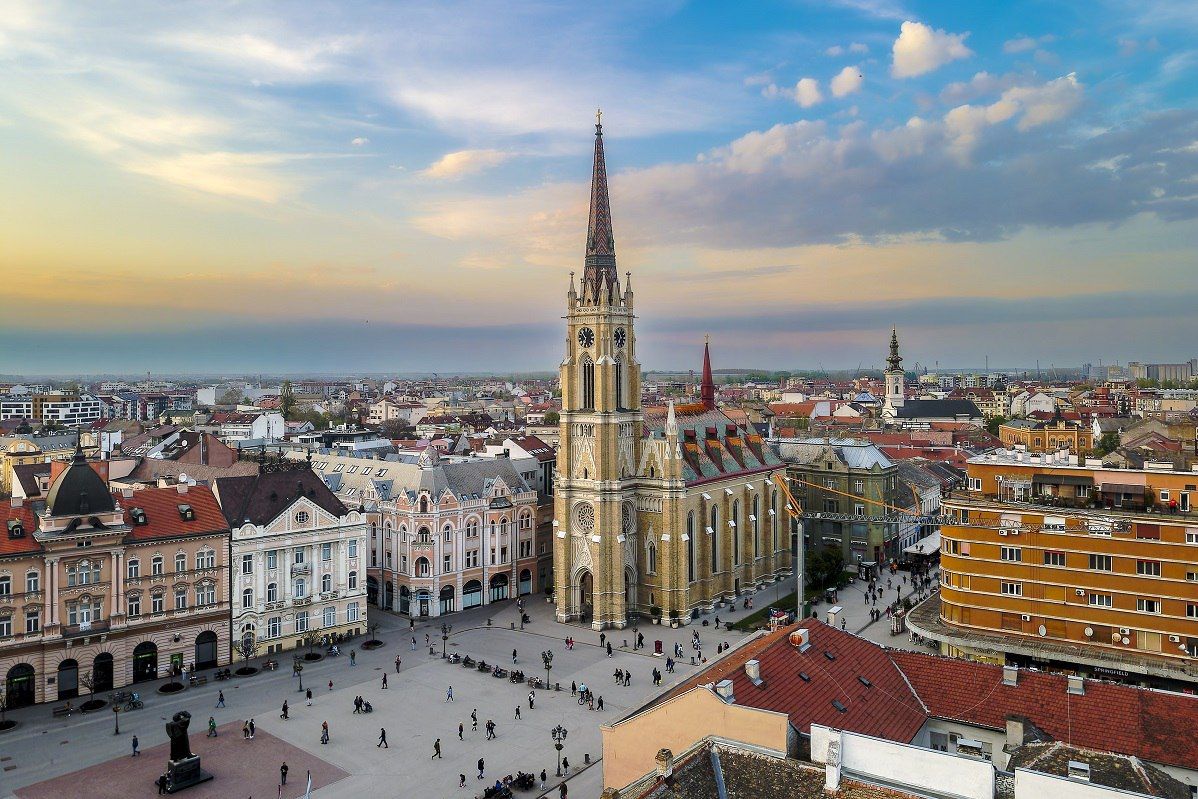Export duty on liquefied hydrocarbon gases in the Russian Federation in June will

The drop in the quotes on liquefied hydrocarbon gases in the Black Sea ports led to an overwhelming export duty on this product in June. Reducing prices is associated with a serious surplus in the domestic market and restrictions on external supplies due to sanctions, experts indicate. They do not see fundamental reasons for improving the situation in the near future, but note that one of the ways of stabilization may be simplifying logistics.
The export fee for liquefied hydrocarbon gases (LSG) in the Russian Federation will be embraced in June, the materials of the Ministry of Economy said. In May, the duty was $ 0.9 per ton. Reuters clarifies that for the last time the zero export duty on liquefied hydrocarbon gases was in August last year. As explained by the managing partner of the Proletum trader Maxim Dyachenko, this is due to the fall of prices for propane-buttan to a record low value. “When reached the threshold level ($ 490 per ton. – « Kommersant ») The duty is rightly reset to maintain export and balanced supplies, ”he says.
Since 2025, the Black Sea is the basis for calculating the export duty on LPG instead of DAP Brest. According to Reuters, the average value of the quotation of the technical propane-butan in the Azov-Black Sea ports for the period of monitoring for calculating the fee-from April 15 to May 14, 2025-amounted to about $ 422 per ton.
The LPG market is now in a depressive state, says Mr. Dyachenko. “Prices and demand are very low. The traders and distributors have a large amount of residues at higher prices than current ones, they suffer losses and are very reluctant to buy new batches, which they ask for discounts, ”he says. According to Maxim Dyachenko, low prices force companies to reduce production in order to maintain quotes in the domestic market.
The cost of LSGs on the St. Petersburg Exchange on the territorial index of Siberia and the Urals on May 27 increased by 4.6%, to 13.57 thousand rubles. per ton. Since mid -February, not counting a small fluctuation in late April and early May, the quotes did not exceed 14 thousand rubles. And often fell below 13 thousand rubles. per ton.
The main reason for the surplus is the restrictions on the supply of SUG to Europe, which were introduced within the EU sanctions, which for manufacturers was the main and premium market. As Maxim Dyachenko explains, some of the companies are trying to reorient exports in the direction of the Black Sea, Central Asian and China. But here there are a number of restrictions, such as a lack of port capacities and a lack of freedom of the railway. “Although gradually these issues are resolved and some of the volumes still managed to reorient,” he notes. In addition to this, a negative factor was the strengthening of the ruble, which influenced the economy of LPG export.
As the deputy general director of the Institute of Economics and Transport, Alexei Zamkova, over the past five years, the production of LSG in the Russian Federation has increased from 15.8 million to 17.8 million tons, and exports for this period has almost doubled – from 6.9 million to 3.6 million tons. In 2023, about 20% of the total issuance of LSGs in the country was exported, he said. The transportation of LSGs on the railway network of Russian Railways Railways decreased from 17.9 million tons in 2019 to 14.4 million tons in 2024. Exports through ports and border crossings of the North-Western region decreased, while deliveries through ports of the southern and eastern directions increased.
NEFT Research Managing Partner Sergei Frolov notes that since the prices for LPG are tied to oil quotes, their further trajectory is now very difficult to predict, taking into account many factors, primarily a geopolitical nature. In his opinion, in Russia there are no prerequisites for sharp fluctuations in prices, so the current levels of wholesale quotes with small deviations are likely to remain until the end of the year. “The only way to get out of the system surplus is the speedy input of a specialized sea terminal for transshipment of LSGs in the Far East,” says Mr. Frolov. In addition, according to him, it is necessary to resolve the issue of low speed of cargo delivery in the east by rail, which also affects the LSG. At the same time, the market participants note, already this year the supply of LSGs from the Amur GPZ Gazprom will begin, which can strengthen the surplus.







